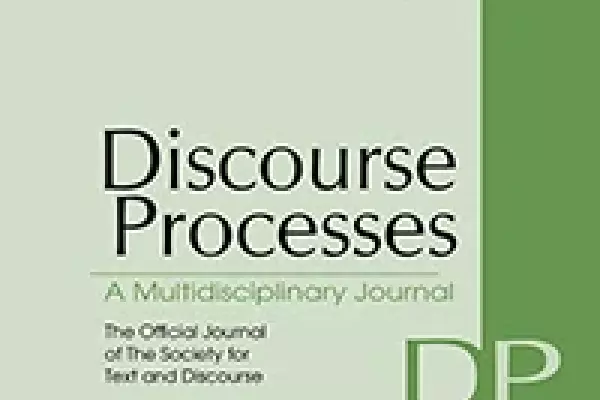
Lisa Scharrer, Vanessa Paper & Marc Stadtler
Research has shown that laypeople tend to rely on their own evaluations when encountering scientific text information that is easy to comprehend. This easiness effect of science popularization leaves them vulnerable to uncritically accepting misinformation presented in a simplified manner. The present study investigated whether warnings of misinformation frequently used in social networks and other online services mitigate or even prevent the persuasive advantage of information easiness. Forty-one medical laypeople read brief argumentative online texts proposing fictitious health claims. Texts were either easy or difficult to comprehend, and they either were or were not labeled with a warning that independent fact-checkers dispute the information. Results showed that warnings effectively increased laypeople’s skepticism toward scientific misinformation. However, findings also suggested that warnings do not reduce the persuasive advantage of misinformation presented in an easily understandable manner, pointing to the limits of this communicative tool.
Lisa Scharrer, Vanessa Paper & Marc Stadtler
Research has shown that laypeople tend to rely on their own evaluations when encountering scientific text information that is easy to comprehend. This easiness effect of science popularization leaves them vulnerable to uncritically accepting misinformation presented in a simplified manner. The present study investigated whether warnings of misinformation frequently used in social networks and other online services mitigate or even prevent the persuasive advantage of information easiness. Forty-one medical laypeople read brief argumentative online texts proposing fictitious health claims. Texts were either easy or difficult to comprehend, and they either were or were not labeled with a warning that independent fact-checkers dispute the information. Results showed that warnings effectively increased laypeople’s skepticism toward scientific misinformation. However, findings also suggested that warnings do not reduce the persuasive advantage of misinformation presented in an easily understandable manner, pointing to the limits of this communicative tool.